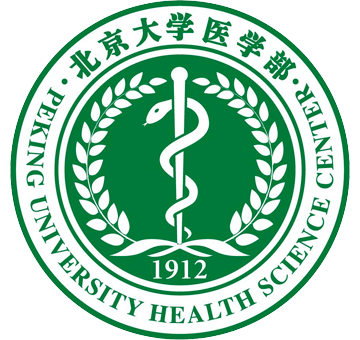
Jun Li, PhD

Sue Hammoud, PhD

Jie Qiao, MD, PhD

Peng Yuan, PhD
JI Program: Exploratory
Project Status: Active/Ongoing
Male infertility has become an increasingly severe public health crisis worldwide, yet its functional causes remain poorly understood. This project aims to study the molecular and cellular mechanisms of male germ cell development, leveraging spatial and multi-omic single-cell technologies developed by our teams. The goal is to gain deeper insights into normal spermatogenic process, and ultimately translate the knowledge to improve clinical care for infertile men. The collaborative teams will bring complementary technologies - three epigenomic measures for single cells, and high-resolution, high-content spatial mapping - to analyze healthy and diseased testis tissues, and conduct a close comparison across Chinese, European, and African American patients, which has been impossible without this collaboration. A major outcome is to generate complete catalogs of cell types and regulatory states in human testis, along with spatial organization of the seminiferous tubules at subcellular, cellular, and tissue scales. We will define differences in pathogenesis between US and China cohorts, and detect potential differences in infertility mechanism due to the maternal or paternal origin of the extra X. The study builds on rich resources already in place at our respective institutions and will bridge our two communities pursuing basic and clinical research to improve reproductive health. In future stages we will expand the collaboration to the female reproductive system and embryonic development, connecting an even wider network of colleagues and topics of medical importance.


